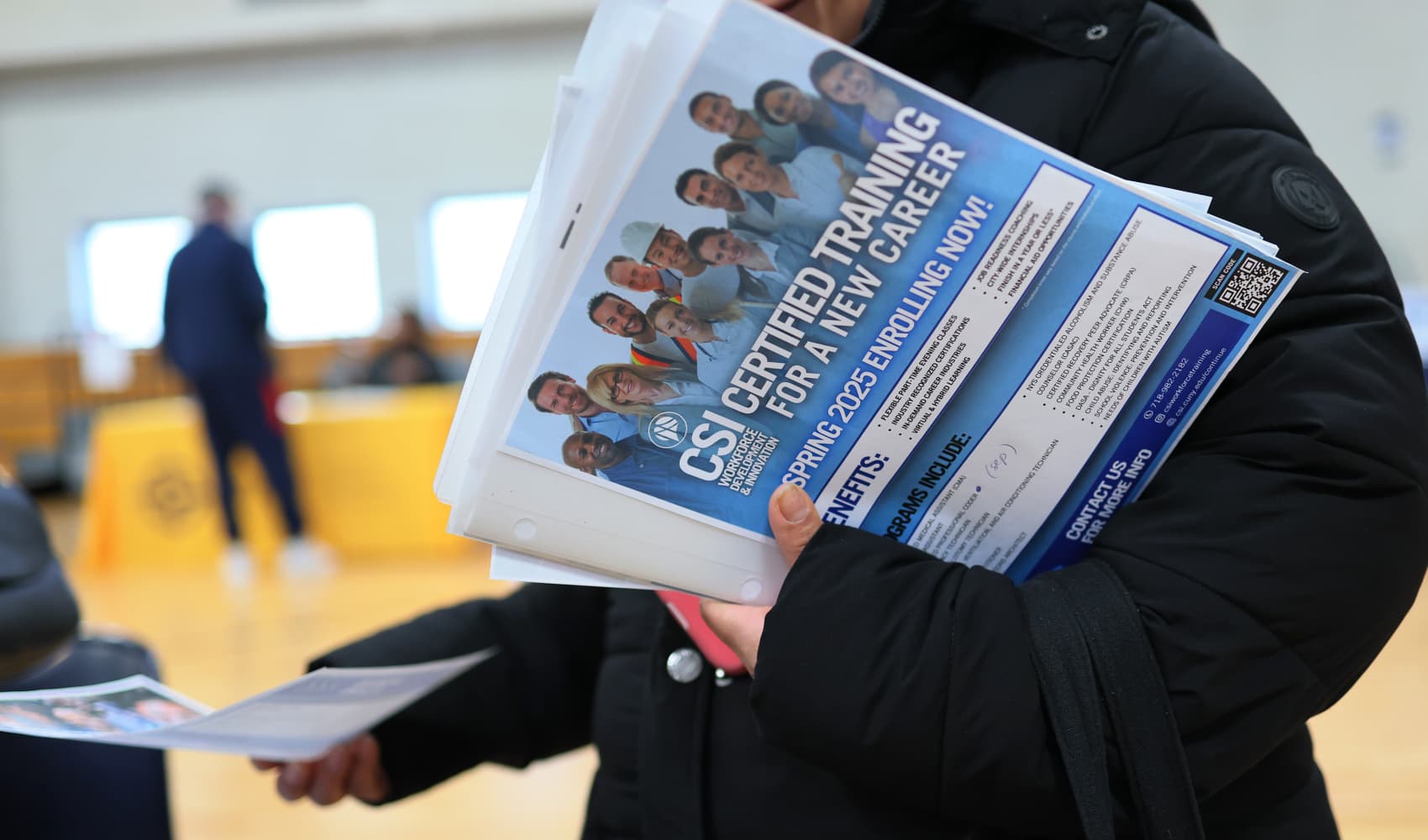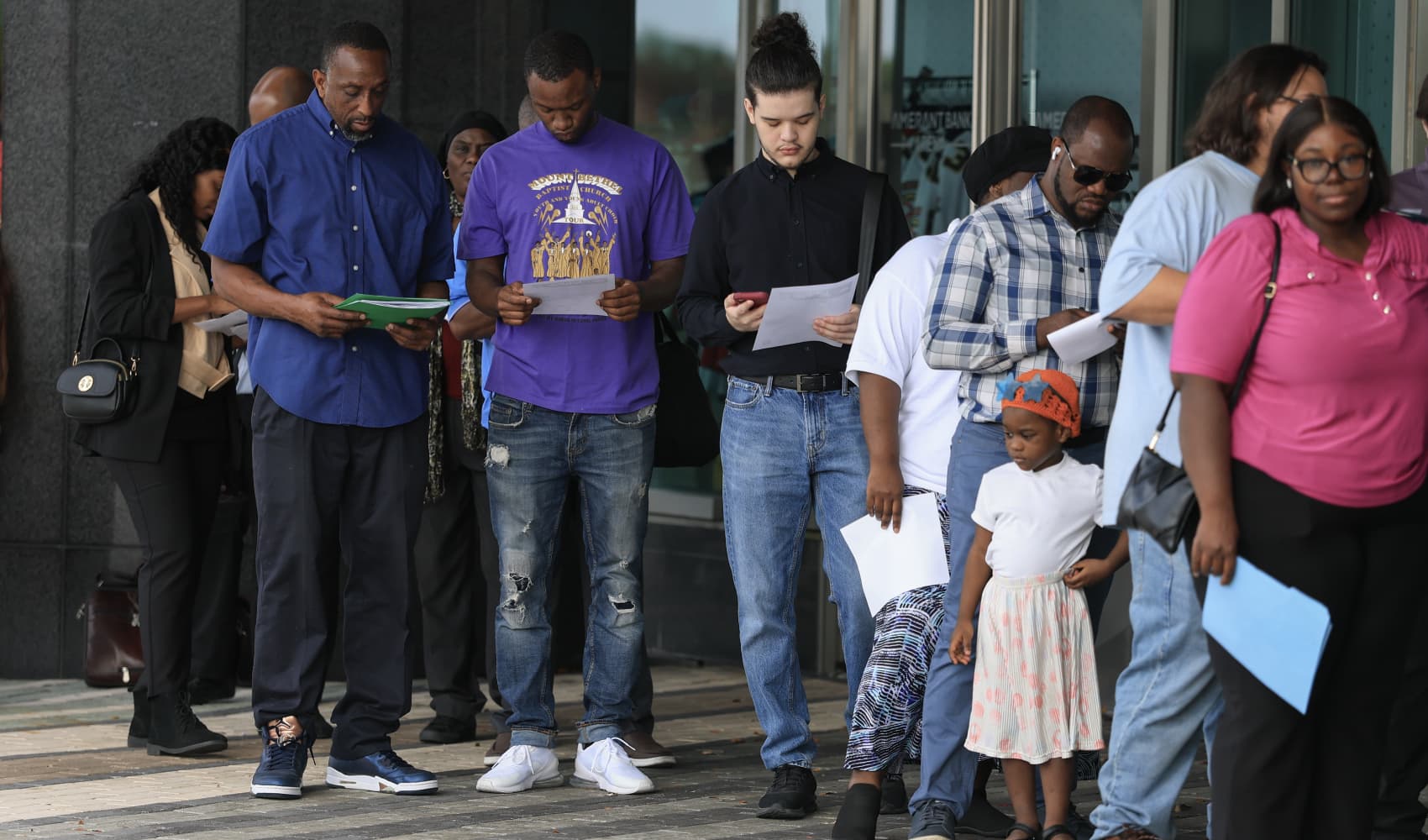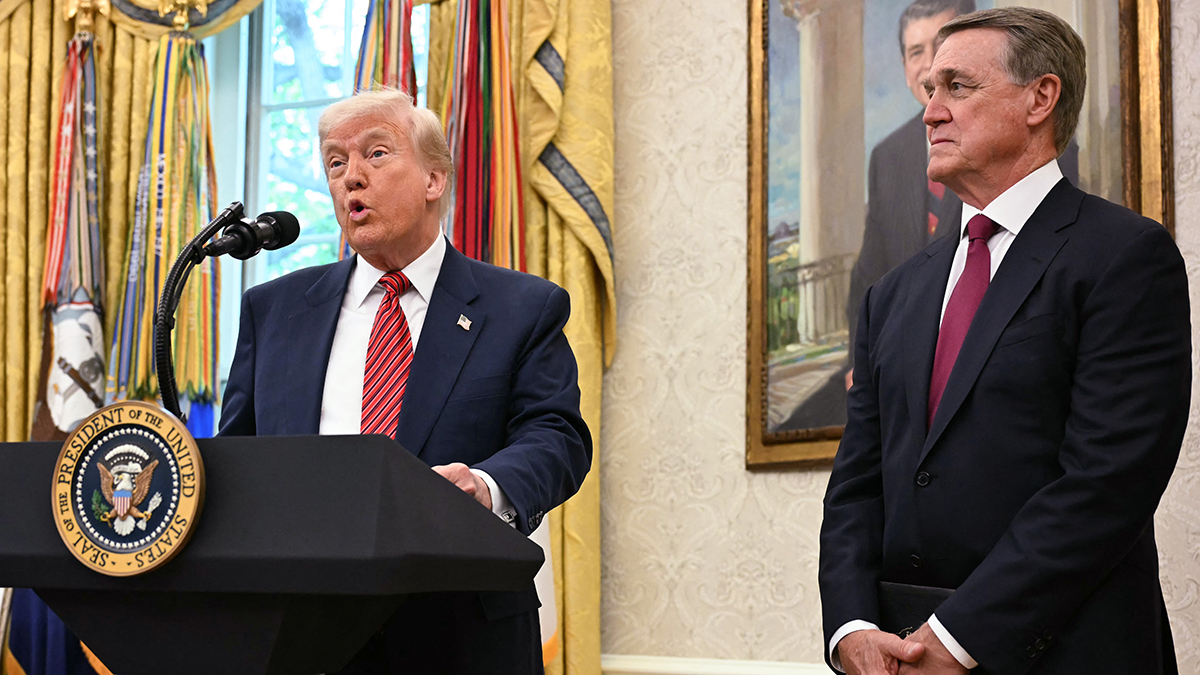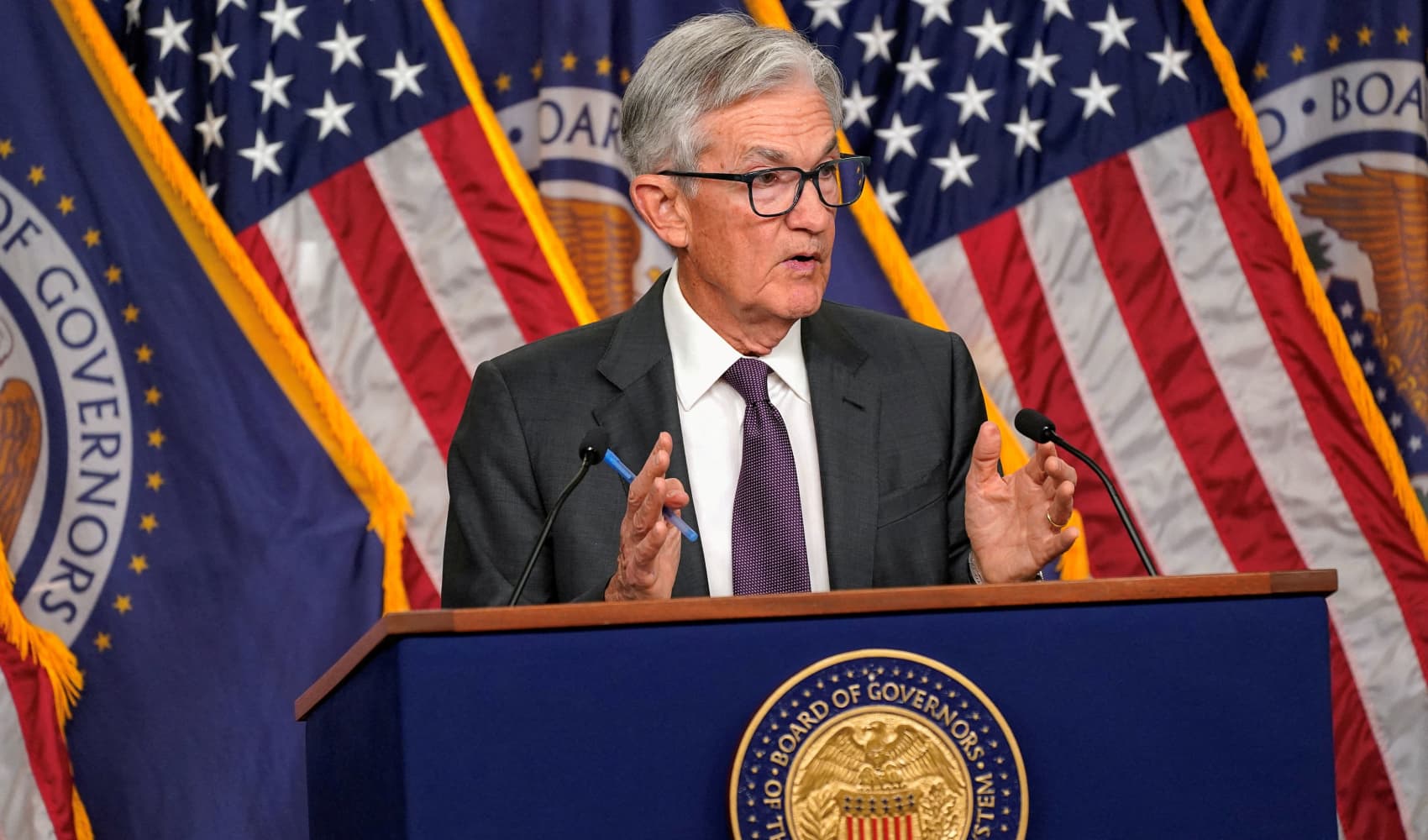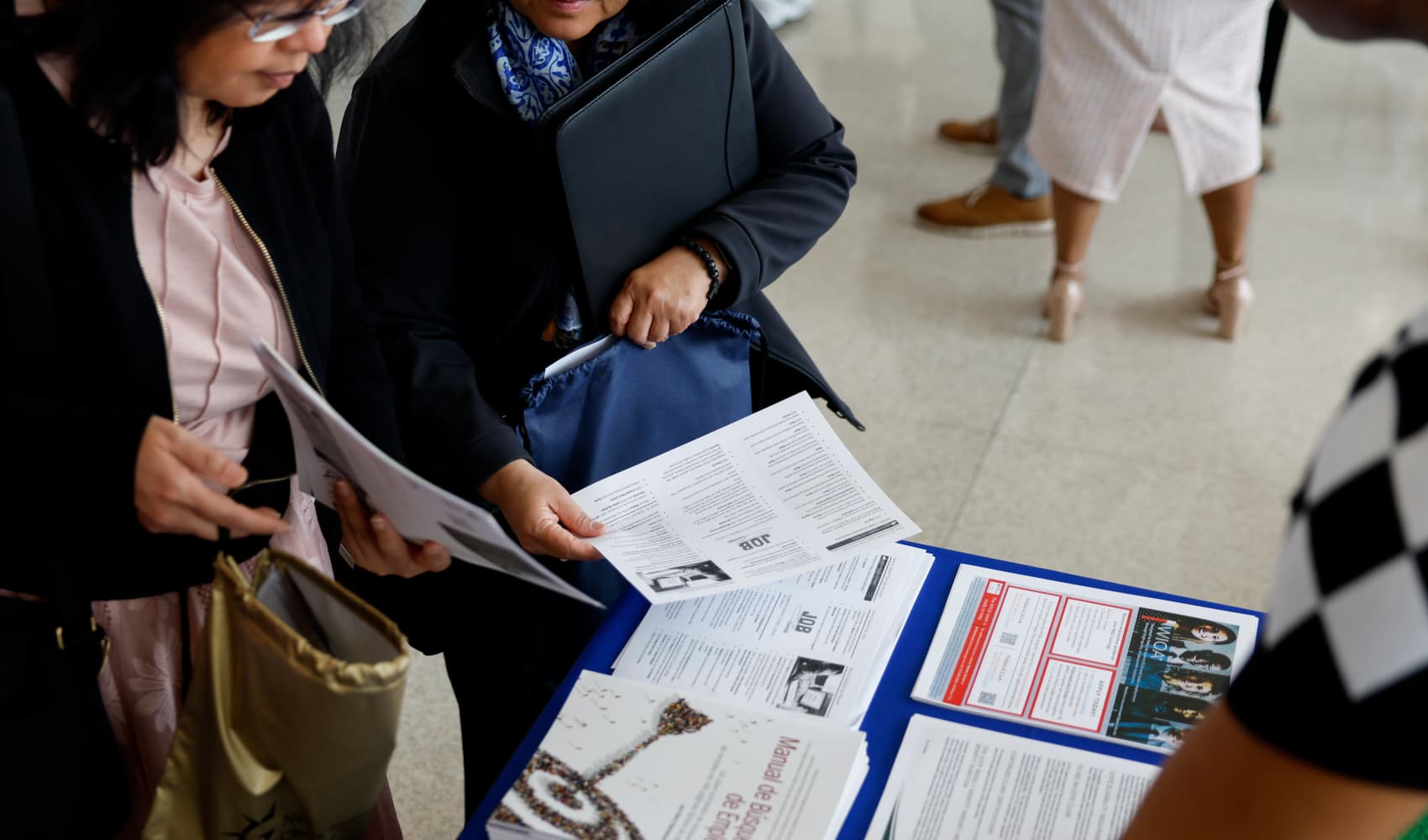George Santos Sentenced: 7 Years for Fraud & Lies!
George Santos' Seven-Year Sentence: Truth Finally Catches Up!
Introduction: From Capitol Hill to Cell Block
Well, folks, the saga of George Santos has taken another dramatic turn. Remember him? The congressman who seemingly invented his entire backstory? His tall tales have finally landed him in serious trouble. No more posing, no more embellishments, just cold, hard reality.
Santos' Downfall: A Summary of the Case
The former New York Republican, whose career was built on a foundation of falsehoods, was sentenced to a hefty 87 months in federal prison. That's over seven years behind bars! What a fall from grace, right? This sentencing stems from a federal fraud case where Santos admitted to a trifecta of wrongdoing.
- Engaging in a campaign finance scheme
- Wrongfully receiving unemployment benefits during the Covid-19 pandemic
- Lying on House financial forms
These aren't just minor slip-ups; they're serious offenses with significant consequences. Think of it like building a house on sand. Eventually, it's going to crumble. In Santos' case, the crumbling has been spectacular.
The Sentence: Beyond Prison Walls
But the prison sentence is just one piece of the puzzle. Santos was also ordered to pay significant restitution and forfeiture, totaling nearly $580,000. A judge ruled that he must pay $373,750 in restitution. This is a hefty sum, reflecting the magnitude of his fraudulent activities. It's not just about going to jail; it's about making amends for the financial harm he caused.
The Campaign Finance Scheme: A Deeper Dive
So, what exactly did this "campaign finance scheme" entail? Let's break it down. It involved diverting campaign funds for personal use, essentially treating donor money as his own personal piggy bank. Think of it as robbing Peter to pay Paul, except Peter is a campaign donor, and Paul is... well, George Santos.
Illegal Contributions and Reporting: Shady Business
The campaign finance violations include accepting illegal contributions and filing false reports with the Federal Election Commission (FEC). This is a direct attack on the integrity of our electoral system. When politicians lie about their finances, it erodes public trust and makes it harder to hold them accountable.
Unemployment Benefits Fraud: Cashing in on Covid
Then there's the matter of the unemployment benefits. During the Covid-19 pandemic, when millions of Americans were struggling to make ends meet, Santos allegedly took advantage of the system by fraudulently claiming unemployment benefits. This is particularly egregious because he was simultaneously running for office and raking in campaign donations. Talk about adding insult to injury!
Exploiting a System Meant to Help: A Moral Failing
This wasn't just a financial crime; it was a moral failing. The unemployment system is designed to help people who have lost their jobs through no fault of their own. For Santos to exploit this system is truly reprehensible. It's like stealing bread from someone who's already starving.
Financial Disclosure Lies: The Tip of the Iceberg
Finally, we have the lies on his House financial disclosure forms. These forms are designed to provide transparency about a politician's assets and liabilities. By lying on these forms, Santos deliberately misled the public and concealed his true financial situation. These forms are the bedrock of ethics and transparency in Congress. Without them, the public is left in the dark about potential conflicts of interest.
A Pattern of Deception: Serial Offender?
Lying on financial disclosure forms isn't just a technicality; it's a deliberate act of deception. It suggests a pattern of dishonesty that extends beyond campaign finance and unemployment benefits. It begs the question: What else was he hiding?
The Guilty Plea: Accepting Responsibility (Sort Of)
As part of an agreement with prosecutors, Santos pleaded guilty to a single... (content truncated in the provided information).
The Impact on Politics: Erosion of Trust
The George Santos saga has had a profound impact on the political landscape. It has further eroded public trust in politicians and raised serious questions about the vetting process for candidates. How could someone with such a checkered past make it all the way to Congress? It's a question that many are still asking.
The Need for Stricter Vetting: A Lesson Learned?
This case underscores the need for stricter vetting of political candidates. We need to do a better job of uncovering lies and holding candidates accountable for their past actions. Otherwise, we risk electing more individuals who are more interested in personal gain than public service.
The Future of George Santos: Life After Prison
What does the future hold for George Santos? After serving his prison sentence, he will likely face a long road to rebuilding his reputation, if that's even possible. It's hard to imagine a scenario where he returns to public life in any meaningful way. His name is now synonymous with dishonesty and deceit.
Will He Ever Be Forgiven?: A Question of Redemption
Can George Santos ever be forgiven for his actions? That's a question that only time will tell. Some may argue that he deserves a second chance, while others may believe that he has forfeited any right to public trust. Regardless, his legacy will forever be tarnished by his lies and fraudulent behavior.
The Role of the Media: Uncovering the Truth
The media played a crucial role in uncovering the truth about George Santos. Investigative journalists dug deep into his background and exposed the lies that he had been telling for years. Without their efforts, it's possible that his deception would have continued unchecked. The media serves as a watchdog, holding those in power accountable.
Public Reaction: Outrage and Disbelief
The public reaction to the George Santos scandal has been one of outrage and disbelief. Many people feel betrayed by his lies and disgusted by his fraudulent behavior. It's a reminder that we expect our elected officials to be honest and ethical, and when they fail to meet those standards, we hold them accountable.
The Republican Party's Response: Damage Control
The Republican Party has been scrambling to distance itself from George Santos since his lies were exposed. They have condemned his actions and called for his resignation or expulsion. It's a clear indication that his behavior is unacceptable and that the party wants to avoid being associated with his scandal.
Conclusion: A Cautionary Tale
The George Santos saga is a cautionary tale about the dangers of dishonesty and the importance of integrity in public life. His downfall serves as a reminder that lies eventually catch up with you, and that there are consequences for fraudulent behavior. Hopefully, this case will deter others from engaging in similar acts of deception. The key takeaways? Don't lie, be honest, and serve the public with integrity.
Frequently Asked Questions (FAQs)
- What specific charges was George Santos convicted of?
- He pleaded guilty to a single, but significant charge related to his campaign finance scheme, unemployment benefits fraud, and lying on financial disclosure forms. The exact charge is not specified here.
- How much money did George Santos steal through his fraudulent activities?
- He is ordered to pay restitution of $373,750, and the total amount he agreed to in restitution and forfeiture nearly reaches $580,000.
- What impact did Santos' lies have on his constituents?
- His lies eroded trust in government and his ability to represent their interests effectively. Many felt betrayed and misled.
- Are there any ongoing investigations into George Santos?
- The information provided is limited, so we don't know if any other investigations are ongoing beyond the federal fraud case.
- What does this sentencing mean for the future of political ethics?
- This case highlights the need for stricter vetting processes for political candidates and emphasizes the consequences of dishonesty in public service, serving as a deterrent for future misconduct.

